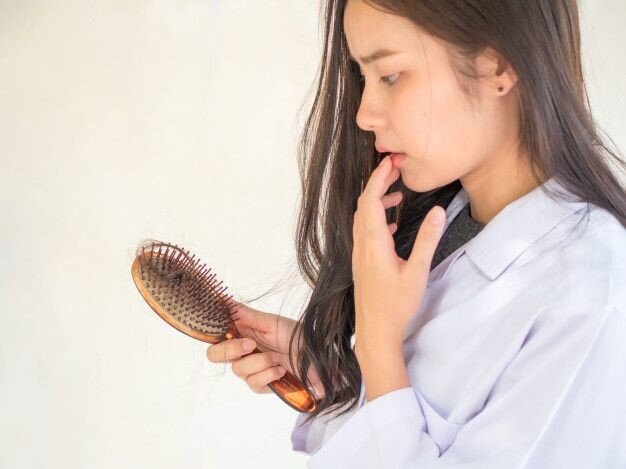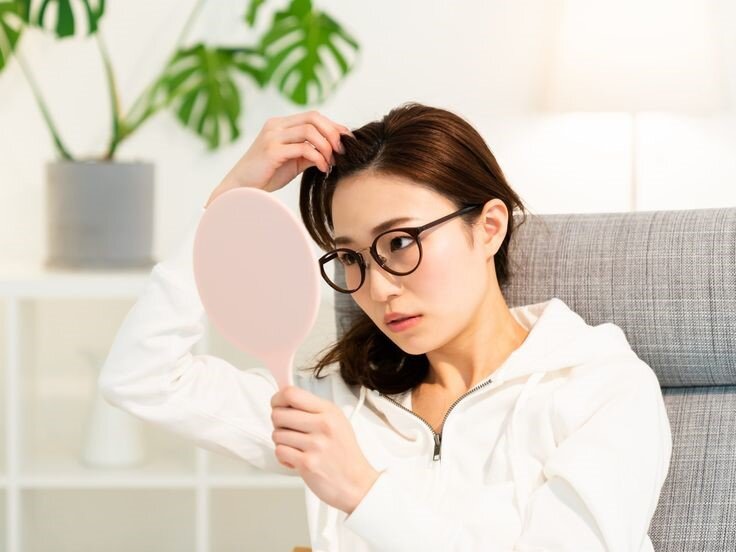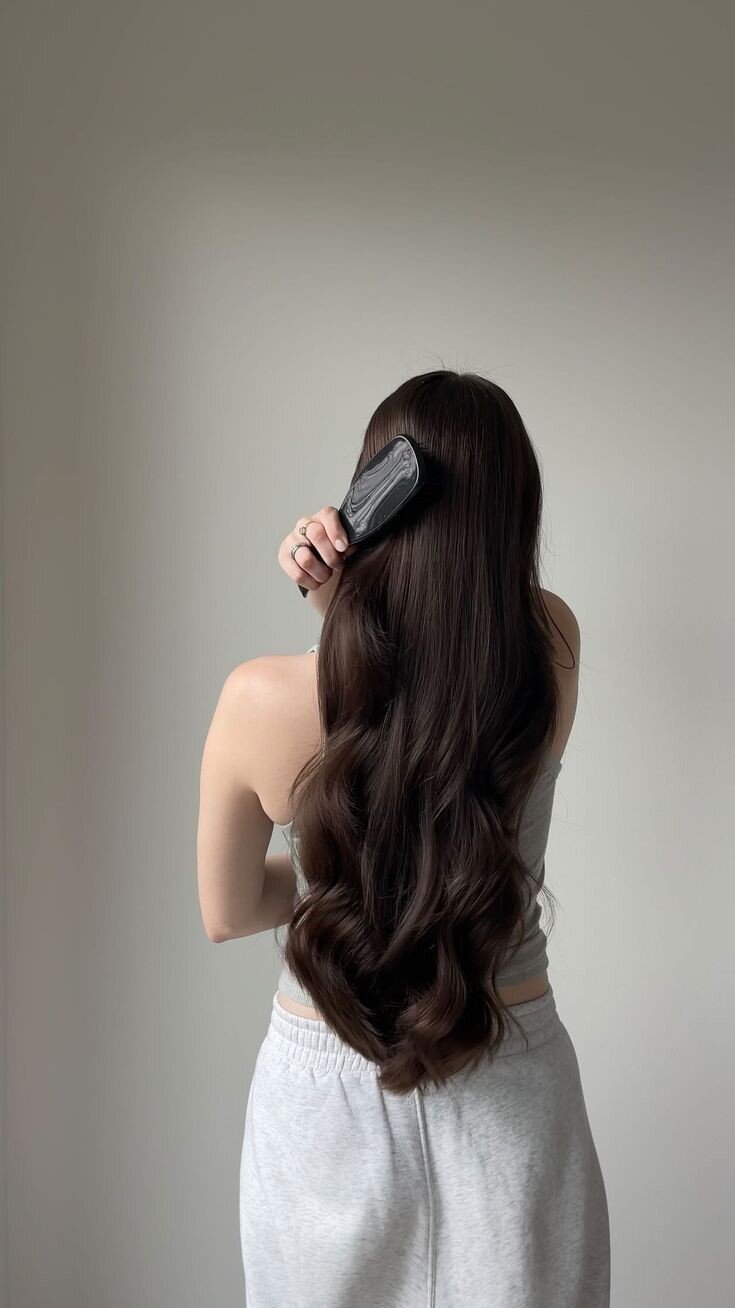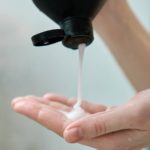1. Silicone
Although silicone is commonly found in shampoos and is often deemed beneficial for its ability to enhance hair shine, Dr. Enrizza P. Factor emphasizes that its adverse effects on scalp health should not be overlooked. She warns, “Silicone in shampoos can lead to hair loss by coating the scalp, preventing the absorption of essential nutrients.”

Silicone in shampoos prevents nutrients from reaching the scalp and hair roots.
2. Paraben
Dr. Enrizza P. Factor informs us that the presence of paraben in shampoos can lead to a host of hair-related issues. These include “dry and irritated scalp” as well as “faded hair color and hair loss.” Since they are “generally unsafe,” she advises, “it’s best to avoid parabens until proven otherwise.”

Parabens in shampoos cause hair loss and color fading.
3. Sodium Chloride
According to dermatologist Dr. Yoram Harth, MD, Medical Director of MD hair, sodium chloride is a common ingredient in mass-produced shampoos and is not recommended for women experiencing hair loss or thinning. Dr. Harth notes that sodium chloride is often used as a thickening agent in shampoos and conditioners, and it can “dry out the scalp, causing redness and itching.” This scalp irritation can then “damage the hair follicle and lead to increased hair loss.”

Shampoos containing sodium chloride dry out the scalp, causing redness, itching, and hair loss.
4. Sulfates
Hairstylist Lauren Udoh states, “This harsh detergent—sodium lauryl sulfate [SLS]—is a common ingredient in shampoos and conditioners and is known to strip away natural oils, leaving hair feeling dry, brittle, and damaged. This ingredient in conditioners can also irritate the scalp and lead to hair loss.” Hairstylist Jean Will agrees, adding that sulfates are “one of the most damaging ingredients” that can be found in popular conditioners.
Surfactants like sulfates are used to remove debris and excess oil from the scalp. They can cause hair frizz and allergic reactions on the scalp. Moreover, prolonged use can lead to hormonal imbalances.

By steering clear of sodium lauryl sulfate, women can enjoy healthier hair with less breakage and damage.
5. Alcohol
When it comes to alcohol, women are surely aware of its detrimental effects as a “harmful” ingredient that leads to thinner and weaker hair. Hair expert Shandi Nichelle notes that alcohol is often found in volumizing shampoos and conditioners. She explains, “Volumizing conditioners often contain alcohol to help control or counteract the heavier ingredients in the conditioner.” However, she points out that the disadvantages outweigh the benefits, as the short-term results may lead to thicker-looking hair, but in the long run, alcohol will dry out and damage the hair. She also mentions that alcohol diminishes the benefits of other ingredients in the conditioner.

Alcohol dries out hair, contributes to hair loss, and negates the benefits of other beneficial ingredients in shampoos and conditioners.
Overall, Dr. Elaine Kung emphasizes the importance of choosing the right shampoo for women’s hair. Since “shampoos not only cleanse the scalp but also play a role in preventing hair shaft damage,” she points out that many scalp conditions are also “treated with active ingredients added to the shampoo formula.” Therefore, when selecting a shampoo, women should pay closer attention to the ingredients and seek expert or dermatologist advice for a more informed choice.





































